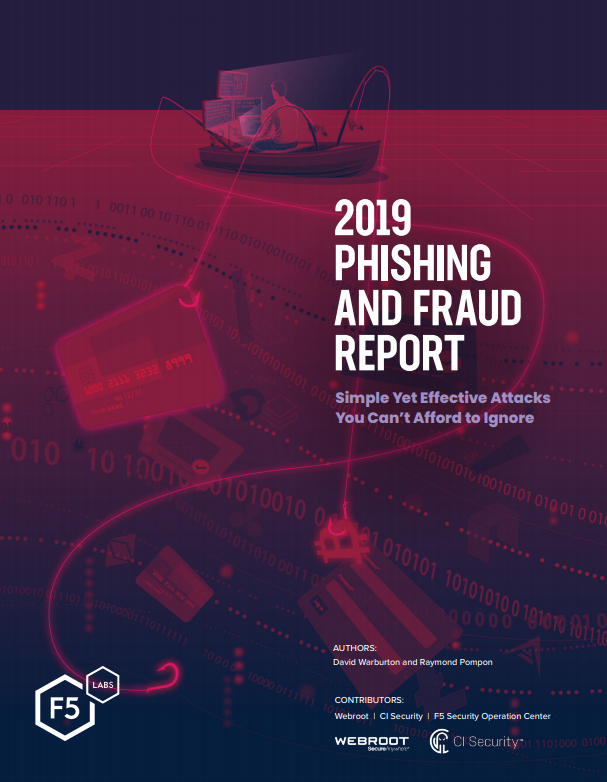121 million ransomware attacks recorded in the first half of 2020
Hackers said to be getting "sneakier" as they turn to fewer attacks that spread far more quickly


Sign up today and you will receive a free copy of our Future Focus 2025 report - the leading guidance on AI, cybersecurity and other IT challenges as per 700+ senior executives
You are now subscribed
Your newsletter sign-up was successful
Ransomware cases around the world increased by 20% in the first half of 2020, according to a report.
Researchers from SonicWall Capture Labs recorded 121.2 million attacks up to July 2020, with 79.9 million of these in the US and 5.9 million in the UK.
The increased has partly been blamed on the sudden surge of employees working remotely, placing many outside company firewalls. Coronavirus-based phishing is said to have been the biggest fact, which has grown in usage since the start of the lockdown, peaking in April.
Overall, Malware attacks actually declined by 24% compared to 2019, dropping from 4.8 billion cases to 3.2 billion. However, the report suggests that although numbers are down, hackers have been "sneaky" by launching fewer attacks that are designed to spread at a faster rate. South Korea and China suffered the brunt of these attacks, with the UK and US just outside of the top ten, according to the report.
"Cyber criminals can be resourceful, often setting traps to take advantage of people's kindness during a natural disaster, panic throughout a crisis and trust in systems used in everyday life," said SonicWall CEO Bill Conner.
"This latest cyber threat data shows that cyber criminals continue to morph their tactics to sway the odds in their favour during uncertain times. With everyone more remote and mobile than ever before, businesses are highly exposed and the cyber criminal industry is very aware of that. It's imperative that organisations move away from makeshift or traditional security strategies and realise this new business normal is no longer new."
RELATED RESOURCE

The report also suggested that the number of cases involving malicious Microsoft Office files have exploded, increasing 176% in 2020, some 70,184 incidents in total, including a new Excel malware variant.
Sign up today and you will receive a free copy of our Future Focus 2025 report - the leading guidance on AI, cybersecurity and other IT challenges as per 700+ senior executives
While SonicWall research suggested overall malware attacks were down, specific attacks on content management systems (CMS) were up 60%, according to WP Manager, a WordPress management service, which recently discovered a leap in requests for malware removal and uncovered a surge in attempted hacking of CMS.
"It's actually shocking to note how instances of malware have increased this year," said Jason Correia, managing director of WP Manager. "For clients not on one of our site care plans, we have noticed a nearly 60% increase in the number of malware removal requests received this year – so far – which is a huge jump on 2019 figures. Generally, we have also noticed a 30% increase in the number of brute force attempts too (attempts to hack into the website)."
RELATED RESOURCE

IT Pro 20/20: A quantum leap for security
The sixth issue of IT Pro 20/20 looks at the state of cyber security in 2020 and beyond
Correia suggests the increase is likely due to the general growth and adoption of WordPress as a CMS, but does point to other factors. He cites the sheer number of WordPress plugins available for download as a potential vector, which offer more opportunities than ever for hackers to target and exploit vulnerabilities.
Bobby Hellard is ITPro's Reviews Editor and has worked on CloudPro and ChannelPro since 2018. In his time at ITPro, Bobby has covered stories for all the major technology companies, such as Apple, Microsoft, Amazon and Facebook, and regularly attends industry-leading events such as AWS Re:Invent and Google Cloud Next.
Bobby mainly covers hardware reviews, but you will also recognize him as the face of many of our video reviews of laptops and smartphones.
-
 Ransomware gangs are sharing virtual machines to wage cyber attacks on the cheap – but it could be their undoing
Ransomware gangs are sharing virtual machines to wage cyber attacks on the cheap – but it could be their undoingNews Thousands of attacker servers all had the same autogenerated Windows hostnames, according to Sophos
-
 Google issues warning over ShinyHunters-branded vishing campaigns
Google issues warning over ShinyHunters-branded vishing campaignsNews Related groups are stealing data through voice phishing and fake credential harvesting websites
-
 The FBI has seized the RAMP hacking forum, but will the takedown stick? History tells us otherwise
The FBI has seized the RAMP hacking forum, but will the takedown stick? History tells us otherwiseNews Billing itself as the “only place ransomware allowed", RAMP catered mainly for Russian-speaking cyber criminals
-
 Everything we know so far about the Nike data breach
Everything we know so far about the Nike data breachNews Hackers behind the WorldLeaks ransomware group claim to have accessed sensitive corporate data
-
 There’s a dangerous new ransomware variant on the block – and cyber experts warn it’s flying under the radar
There’s a dangerous new ransomware variant on the block – and cyber experts warn it’s flying under the radarNews The new DeadLock ransomware family is taking off in the wild, researchers warn
-
 Hacker offering US engineering firm data online after alleged breach
Hacker offering US engineering firm data online after alleged breachNews Data relating to Tampa Electric Company, Duke Energy Florida, and American Electric Power was allegedly stolen
-
 Cybersecurity experts face 20 years in prison following ransomware campaign
Cybersecurity experts face 20 years in prison following ransomware campaignTwo men used their tech expertise to carry out ALPHV BlackCat ransomware attacks
-
 15-year-old revealed as key player in Scattered LAPSUS$ Hunters
15-year-old revealed as key player in Scattered LAPSUS$ HuntersNews 'Rey' says he's trying to leave Scattered LAPSUS$ Hunters and is prepared to cooperate with law enforcement


